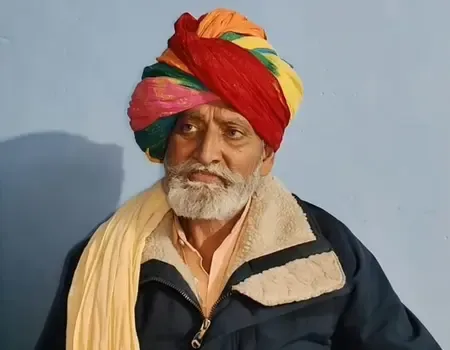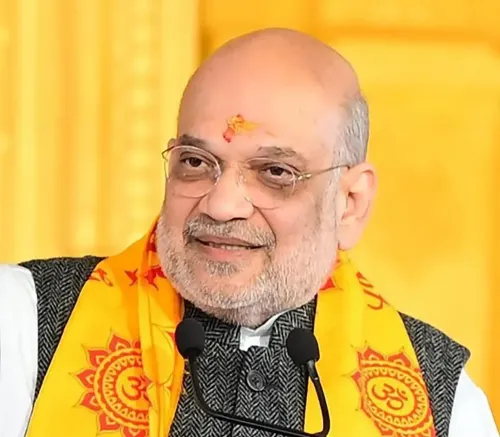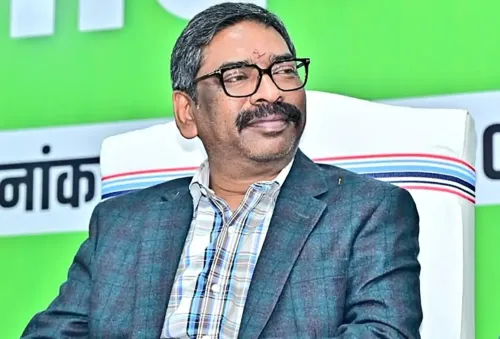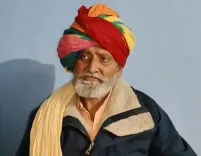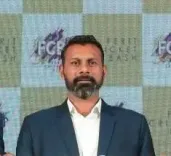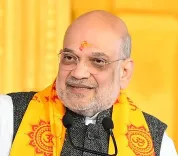Did the SC Issue Notice to Karnataka Over the ‘Ban’ on Screening Kamal Haasan's 'Thug Life'?
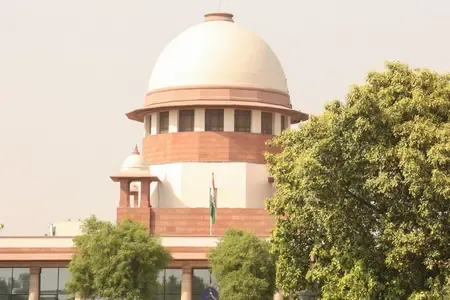
Synopsis
Key Takeaways
- The Supreme Court is addressing significant free speech issues.
- The controversy revolves around remarks made by Kamal Haasan.
- Karnataka's ban has sparked widespread debate on artistic freedom.
- The case highlights tensions between regional and national identities.
- The implications of the ruling may affect future artistic expressions.
New Delhi, June 13 (NationPress) The Supreme Court has issued a notice regarding a petition that contests Karnataka's “extra-judicial ban” on the screening of ‘Thug Life’, a film featuring the legendary filmmaker Mani Ratnam and acclaimed actor Kamal Haasan.
A bench comprising Justices Prashant Kumar Mishra and Manmohan requested responses from the Chief Secretary, Principal Secretary (Home), and Director General of Police of Karnataka and scheduled the case for further deliberation on Tuesday, June 17.
During the film's audio launch, Kamal Haasan remarked that “Kannada is born out of Tamil”, which ignited considerable backlash in Karnataka.
The petition, filed by M. Mahesh Reddy from Bengaluru, asserts that despite receiving certification from the Central Board of Film Certification (CBFC), the Karnataka government has obstructed the release of Thug Life through informal orders and police intervention.
Advocate A. Velan, representing the petitioner, argued that these actions constitute an unconstitutional infringement on the right to free speech and expression as guaranteed by Article 19(1)(a) of the Constitution.
According to Velan, the Karnataka government has fully “capitulated” to extremist groups that threaten linguistic minorities and incite calls for the destruction of theatres.
The petition outlines that the ban is a result of a calculated campaign of terror, which includes serious threats of arson against cinemas, incitement of large-scale communal violence aimed at linguistic minorities, and a chilling call for a recurrence of historical anti-Tamil riots.
“This wave of intimidation is a blatant violation of the Fundamental Rights to Freedom of Speech and Expression (Article 19(1)(a)) and to Practice any Profession (Article 19(1)(g)). More critically, it represents a calculated assault on the secular fabric and public order of the State,” the petition asserts.
In light of the controversy surrounding Haasan’s comments regarding the origins of the Kannada language, the film's production house, Raaj Kamal Films International, had approached the Karnataka High Court seeking legal protection. However, the Karnataka HC suggested that Kamal Haasan issue an apology, which he has declined, resulting in the indefinite postponement of the film’s release in Karnataka.


